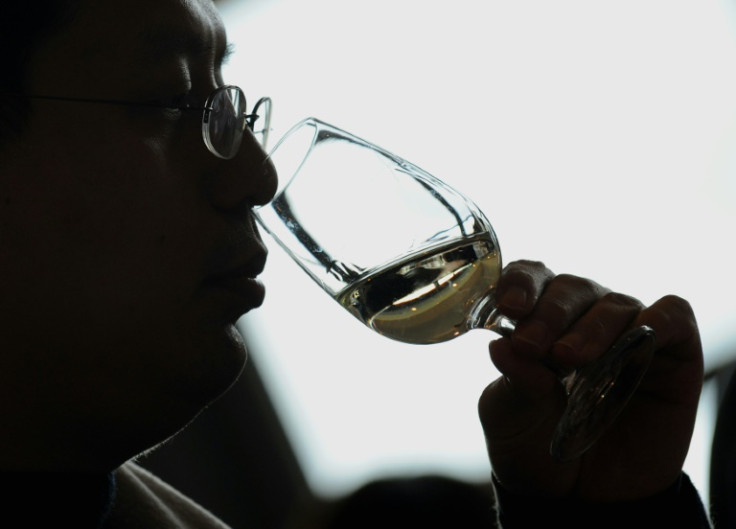
The Australian wine industry welcomed news on Wednesday that China could begin lifting punitive tariffs within weeks, raising hopes that the country's red wine glut will soon ease.
China imposed tariffs on key Australian exports such as wine, barley and beef in 2020, after Canberra legislated against overseas influence, barred Huawei from 5G contracts and called for a probe into the origins of the Covid-19 pandemic.
But trade restrictions have tapered since Australia's centre-left government won the election in 2022 and adopted a less confrontational approach.
Melbourne-based Treasury Wine Estates said on Wednesday that it had been advised by Chinese and Australian authorities of Beijing's "interim draft determination" to remove the tariffs following a five-month review.
China's Ministry of Commerce is expected to make a final decision "in the coming weeks", according to the global wine giant, which owns the Penfold label.
Tariffs and barriers have already tumbled for commodities, including Australian coal, timber and barley.
If wine tariffs are removed, only Australian rock lobster, hay and beef from some abattoirs will be subject to Chinese trade restrictions.
Beijing's foreign ministry declined to confirm if the tariffs would be lifted, but said it was "willing to continue to strengthen dialogue and cooperation with Australia based on the principles of mutual respect".
"China and Australia have gone through dialogue and consultation to properly resolve each other's concerns, jointly promoting momentum for improving and developing bilateral ties," ministry spokesperson Wang Wenbin told a regular briefing.
Treasury Wine Estates chief executive Tim Ford said he was hopeful.
"This is subject to change, however we're optimistic that the final determination will be a positive outcome for the Australian wine industry," he said.
Before the trade restrictions were imposed, China was the largest destination for Australian bottled wine, accounting for 33 percent of export revenue in 2020, data from the Australian government shows.
The tariffs added up to 200 percent to the cost of Australian wine imported into China, and effectively halted an industry worth $1 billion per year.
Australian winemakers responded by turning to other Asian markets, including Hong Kong and Thailand.
Tim Mableson, a market analyst at consultancy KPMG, said Australia now has an oversupply of red wine, which would be eased by the reopening of China's export market.
But he cautioned that globally wine consumption has declined.
"The assumption that the market will return to or be the same level as before should be still treated with some caution by some producers," Mableson said.
"If we don't adjust levels of production, then ultimately we won't be able to address the oversupply."
Industry body Grape and Wine's chief executive Lee McLean welcomed the indication of tariff relief.
"We appreciate the collaborative efforts from both the Australian and Chinese governments, and industry partners, in working towards a resolution," he said.







